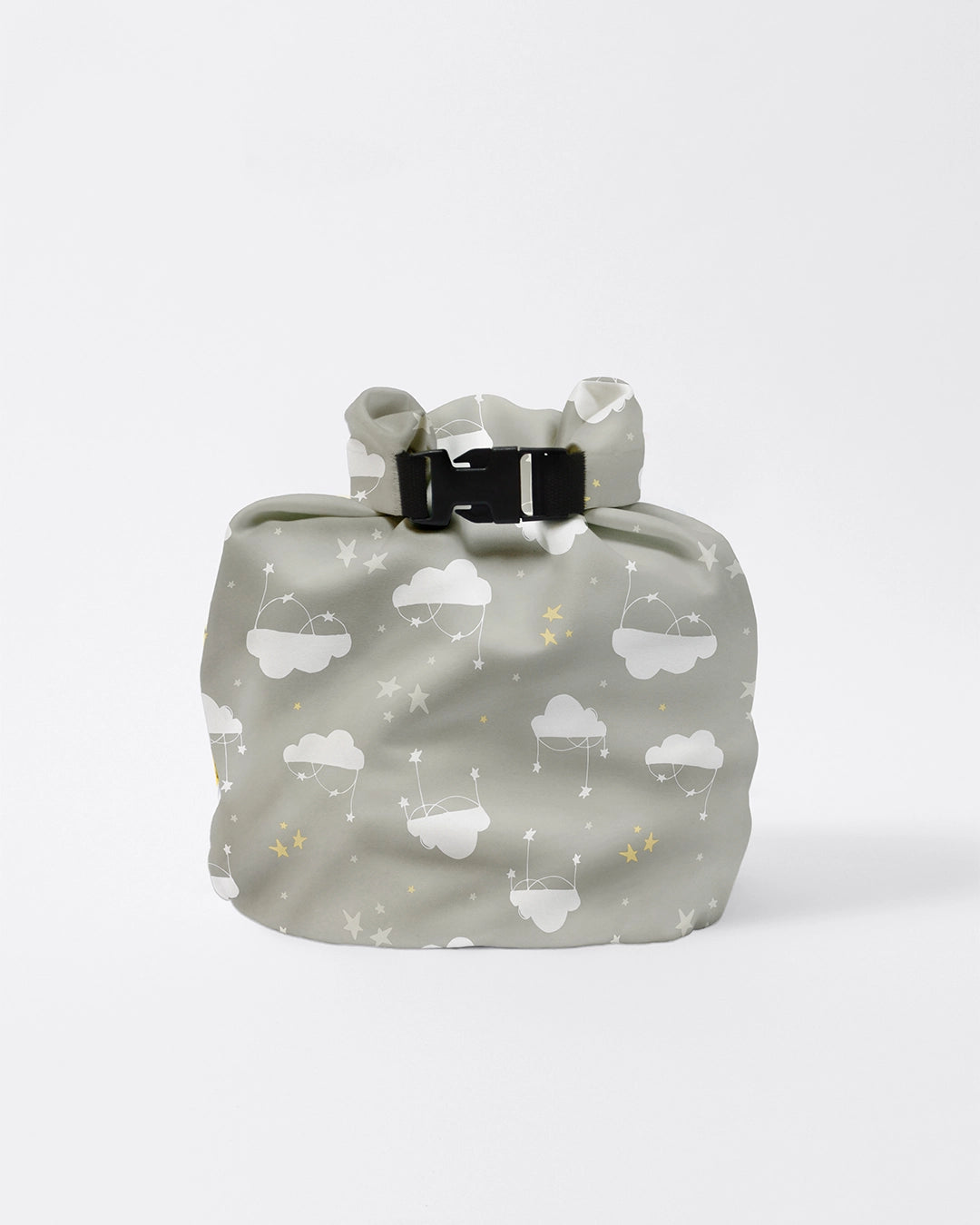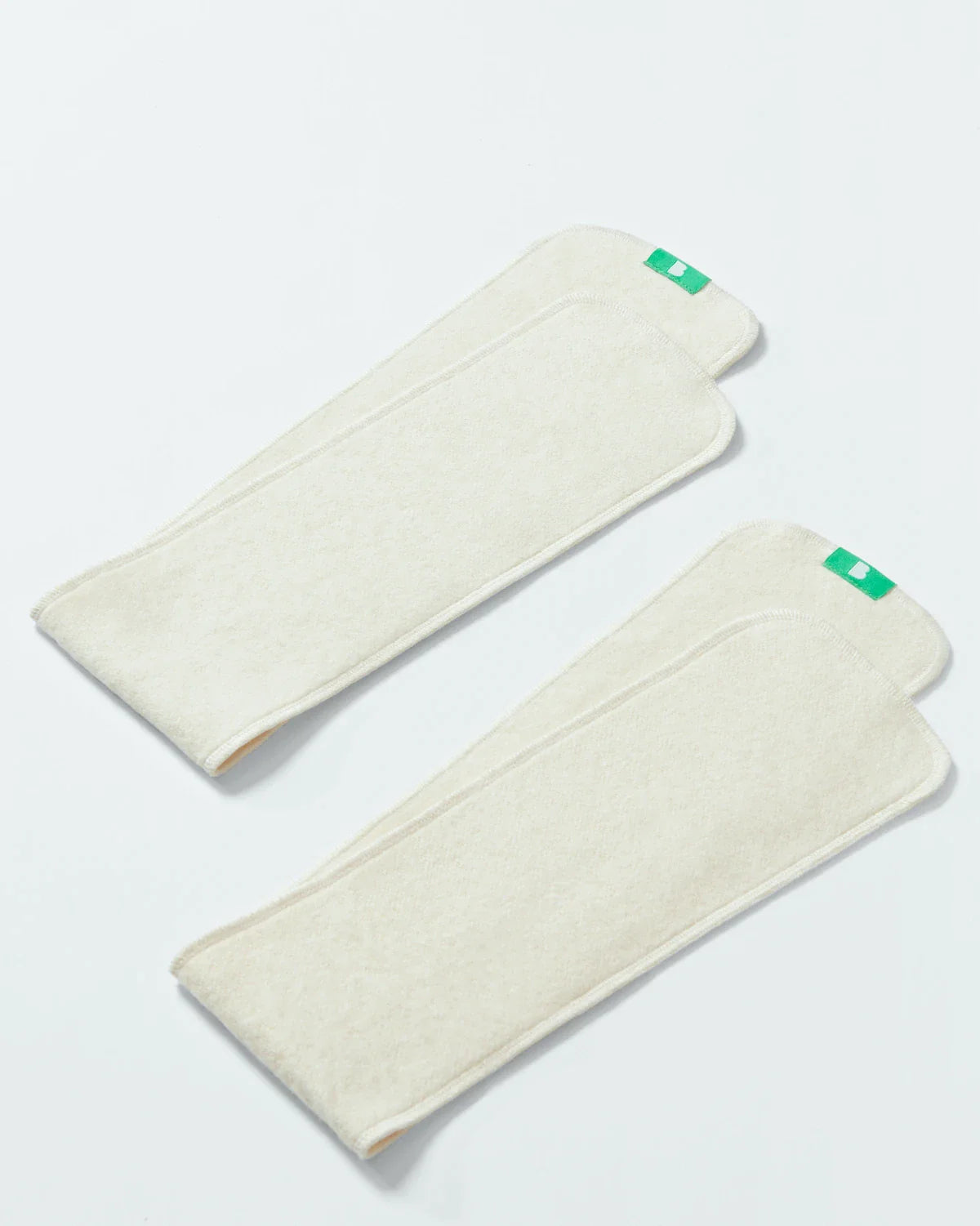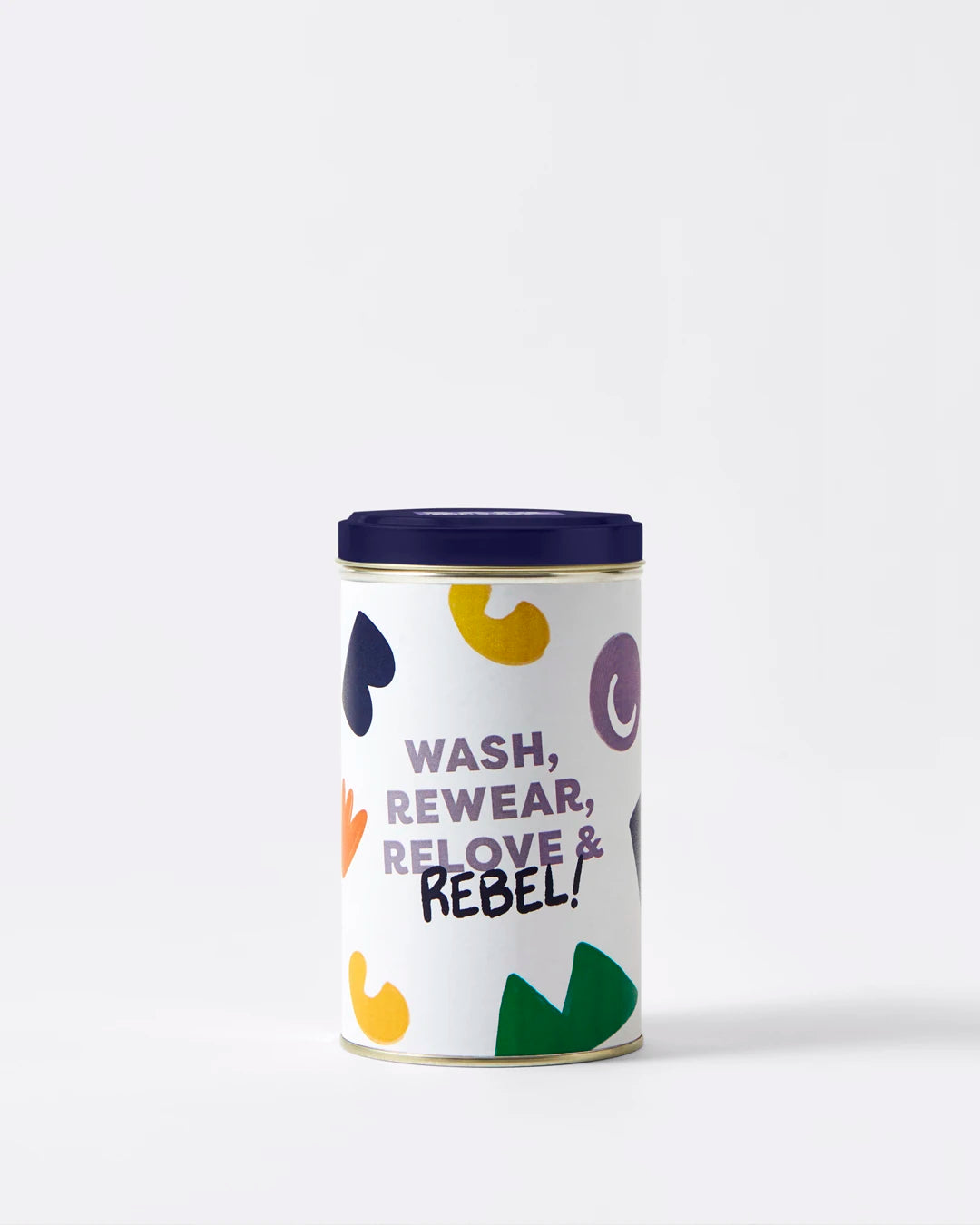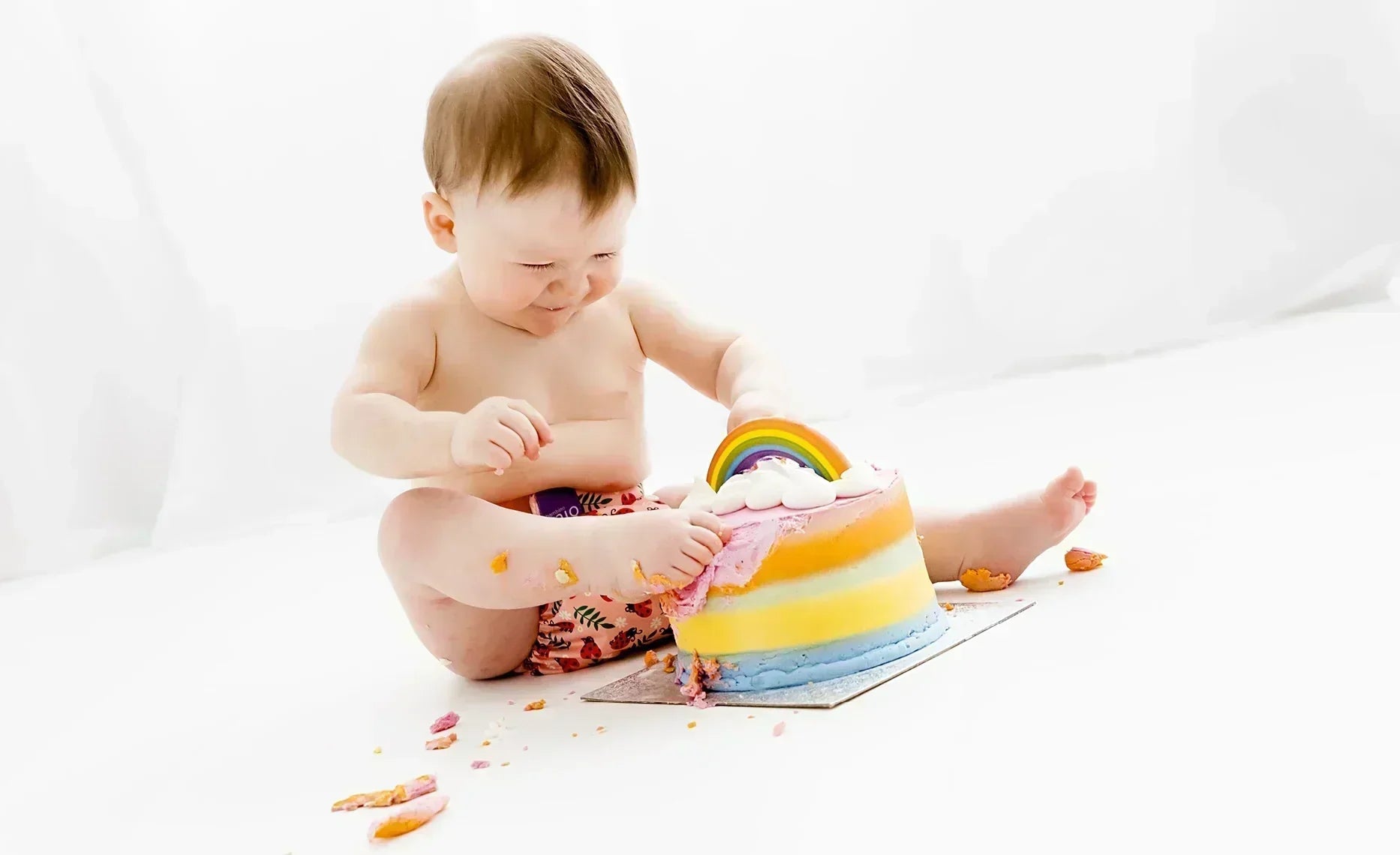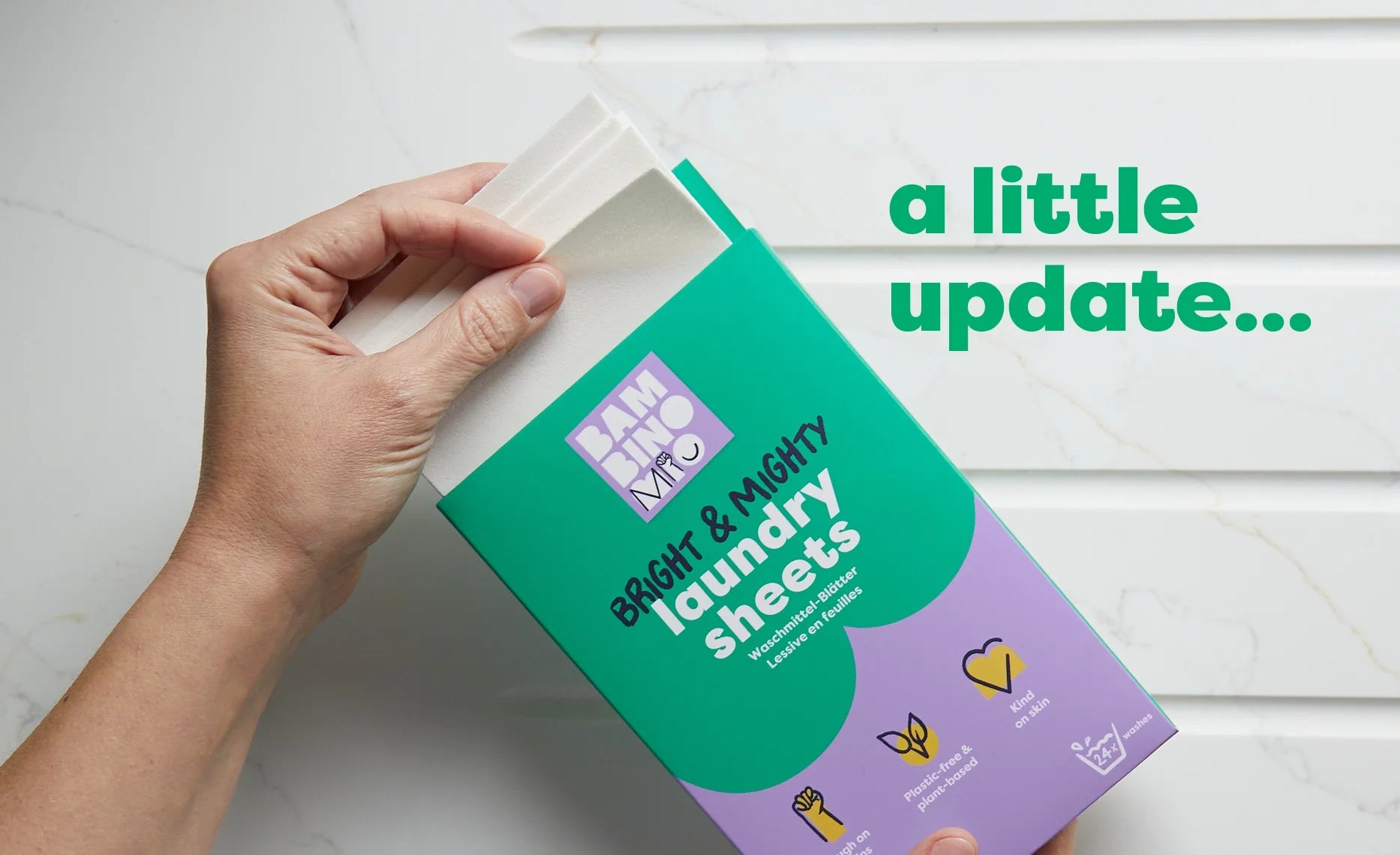Easy Ways to Calm a Cranky Baby
Share Options
- Bambino Mio
- 16 / 10 / 2023

Inside this Article:
All babies cry - it’s a fact of life. Your baby can’t talk or use hand signals to communicate their needs to you, so crying is their only way of letting you know they need milk, comfort or some other kind of care.
It’s often easy to work out what your baby is asking for, especially after a few weeks when you can recognise a “hungry” or “wet” cry, but sometimes they’ll cry for what seems like no reason.
The most common reasons for babies crying are:
- Hunger or thirst
- A wet or dirty nappy
- Feeling tired
- Feeling lonely or insecure and needing a cuddle
- Wind
- Feeling too hot or too cold
- Feeling bored
- Feeling overstimulated
Many babies have a particular time of day when they cry the most and you might find it hard to comfort them. The early evening is the most usual time for this and it can be especially tough as this is when you’re looking forward to getting some rest or at least some downtime and food.
Crying peaks at around four to eight weeks of age
The time babies spend crying each day peaks at between four and eight weeks of age (1) and then for most, it gradually reduces. If you’re right in the thick of it, this knowledge might offer some comfort to you.
Easy ways to soothe a crying baby
If you can’t identify the cause of your baby’s crying, you’ve changed their nappy and fed them but it seems that they’re crying just because, you could try some of these methods:
- White noise, or gentle and repetitive background noise, can help to distract your baby and provide a calming, predictable stimulus for you both
- If your baby is a bit older, offer a transitional object such as a cloth, blanket or a stuffed animal toy as these can be comforting and familiar objects
- Put your baby in a sling or carrier and sway or walk about with them as this may elicit the transport response (2), which helps to calm mammals of all kinds
- Use your voice to talk and sing to your baby - they heard your voice in the womb and you are their main source of life support and comfort
- Rock your baby back and forth in their pram or go for a walk or drive - even if they wake up when you stop or get home, you’ll have had a break from the crying
- Offer visual stimulation such as a film aimed at babies, a moving mobile or just trees swaying outside your window, as this can help to entertain and distract your baby
- Place your baby face downwards on your lap or over your shoulder and stroke their back rhythmically
- Undress your baby and give them a gentle massage while talking or singing to them - don’t use any oils or lotions until they’re at least a month old and make sure the room is warm
- A warm bath soothes many babies in a few moments (although it can have the opposite effect sometimes, so be ready with a warm towel…)
- Stop rocking, shushing and singing if it doesn’t seem to be working as it might be keeping your baby awake or just annoying them
If your baby cries excessively or constantly
Excessive or prolonged crying can be tiring and soul destroying for parents. Sometimes there is no particular reason, but there are two common causes for constant crying.
Your baby has colic
Excessive crying could be due to colic (3) and while most doctors agree that colic does exist, no one really knows what it is or what causes it.
Some doctors believe it’s a painful stomach cramp as the crying often comes in waves, which could well correspond to waves of cramping and discomfort.
Colic can persist for several hours each day and there may be nothing you can do other than try to comfort your baby and wait for it to pass.
Your baby is ill
If your baby is crying a lot and you can’t console or distract them and if their cry doesn’t sound normal for them, your baby could be ill.
If you notice other symptoms such as a high temperature, then you should call your GP or health visitor.
Some illnesses and problems need urgent attention, so you should call 999 if your baby displays any of the following symptoms (4):
- A seizure or convulsion
- Blue, mottled, grey or very pale skin
- Excessive sleepiness, floppiness or unresponsiveness
- Rapid breathing, a strange or throaty noise when breathing or a noticeable sucking in of the rib cage when breathing
- A lot of projectile vomiting
- A high temperature but cold hands and feet
- A spotty red or purple rash on the skin which doesn’t blanch when pressed (this could be meningitis)
You know your baby best, so if the crying is out of character or much more prolonged than usual, you might need to call your GP or health visitor. Trust your instincts, although your doctor will be happy to see your baby and tell you there’s nothing wrong as it’s always better to be overcautious with babies.
If your baby does cry a lot and there’s nothing you can do, there is help out there for you - call the Cry-sis helpline on 08004480737 to talk to advisors who can offer suggestions or just offer a listening ear.
Citations and References
(1) National Health Service (NHS). ‘Babies Cry! Infant Crying is Normal and it Will Stop.’ 2020. Web. elht.nhs.uk/application/files/2416/0796/6994/ICON_LEAFLET.pdf
(2) Neuroscience News. ‘What’s the Best Way to Soothe a Crying Baby?’ 2022. Web. neurosciencenews.com/transporter-response-babies-21406
(3) National Health Service (NHS). ‘Health A to Z. Colic.’ 2022. Web. www.nhs.uk/conditions/colic
(4) National Health Service (NHS). ‘Health. Is Your Baby or Toddler Seriously Ill?’ 2023. Web. www.nhs.uk/conditions/baby/health/is-your-baby-or-toddler-seriously-ill/






















